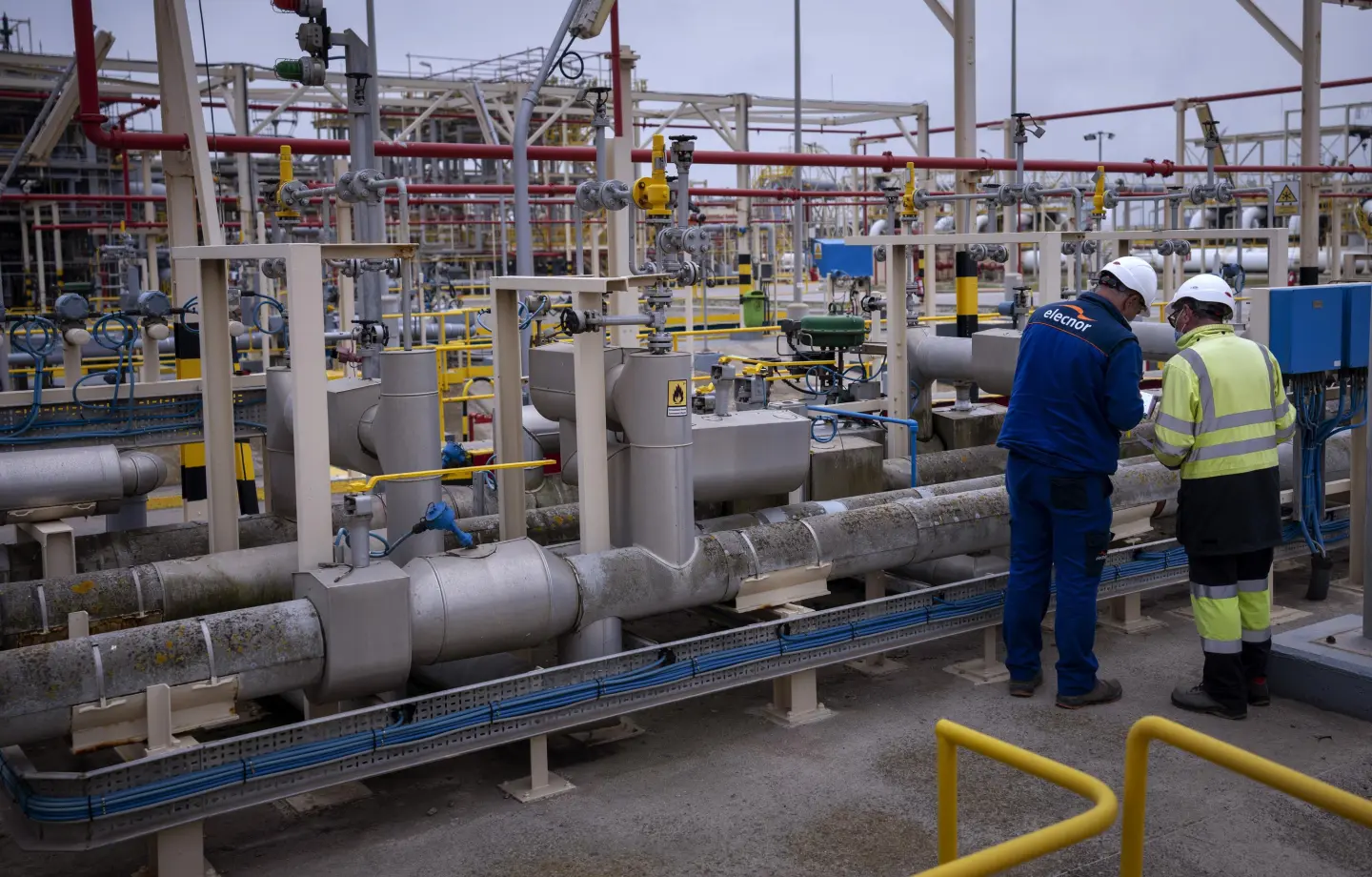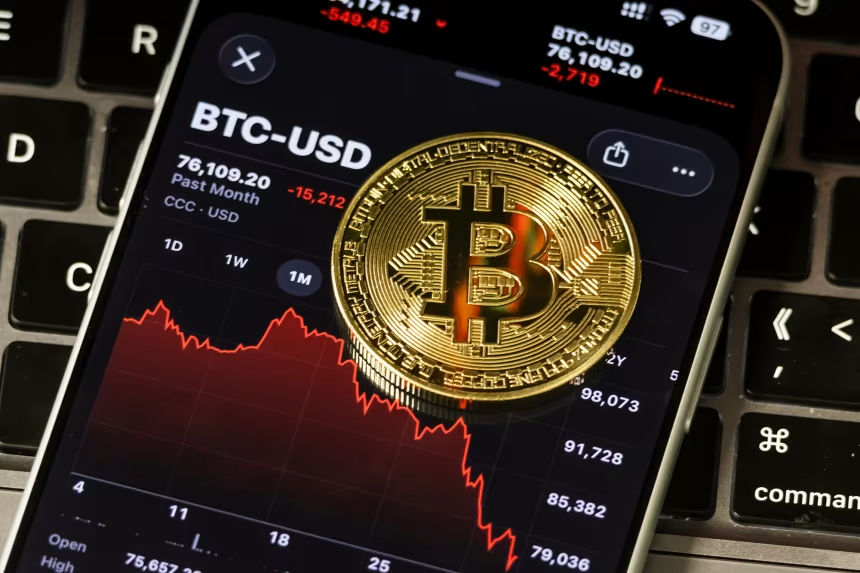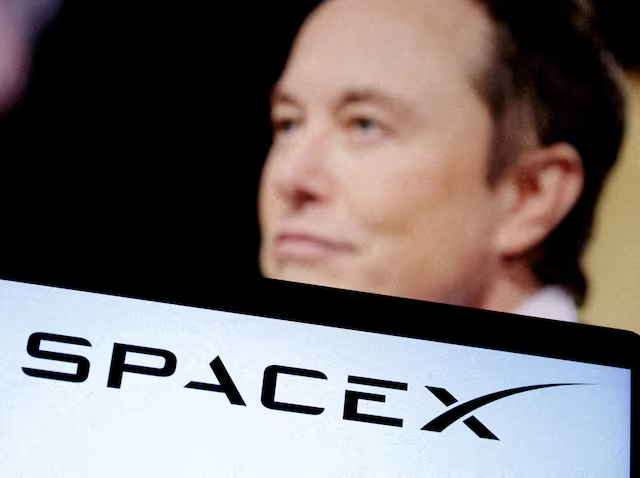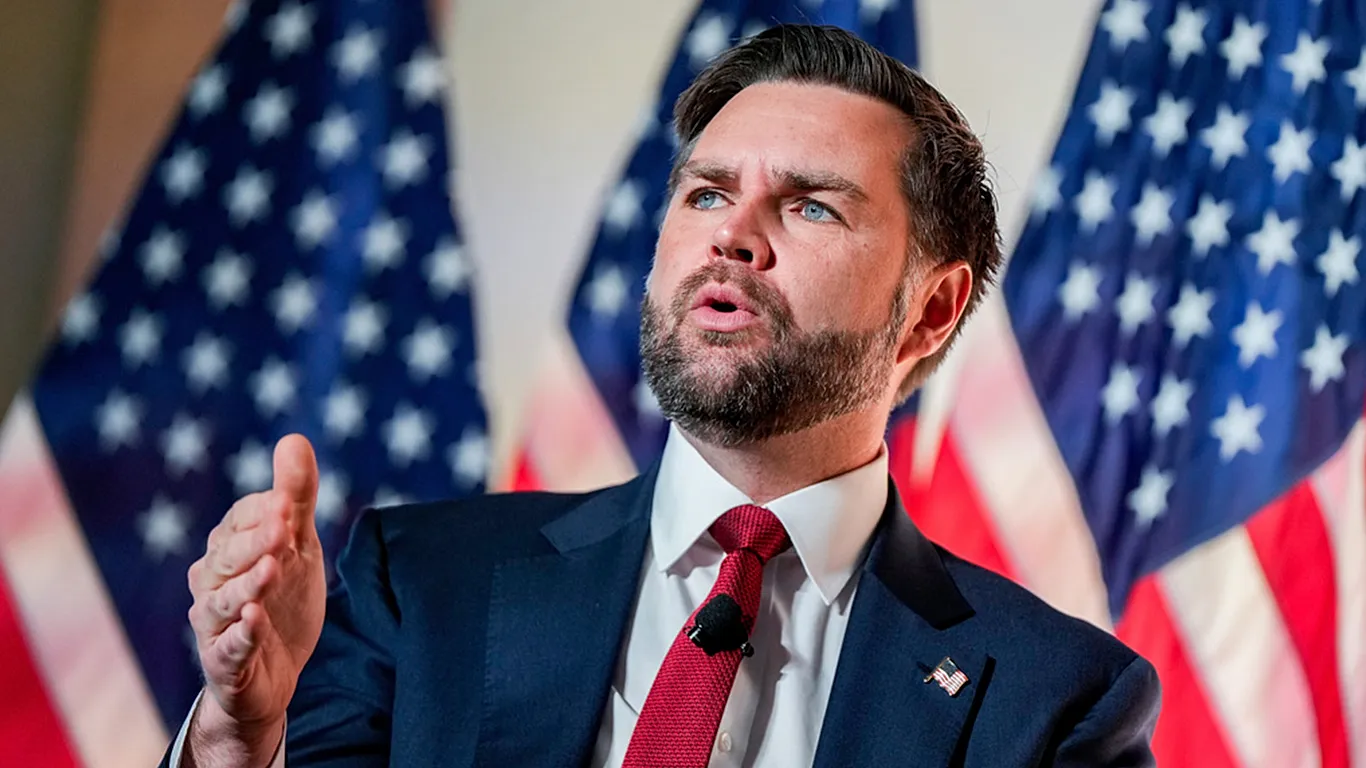European Natural Gas Prices Plunge on US Push for Ukraine Ceasefire

European natural gas prices have plummeted to their lowest level since late September, driven by speculation surrounding a potential US-brokered ceasefire between Ukraine and Russia, coupled with milder weather forecasts and subdued demand in Asia, Bloomberg reports.
Benchmark futures experienced a significant drop on Friday, falling as much as 4.8% and heading towards their fourth consecutive weekly decline – the steepest since 2023. This latest slide brings the total price collapse to over 35% since mid-February, when prices peaked.
The dramatic decrease is largely attributed to shifts in US policy, particularly with President Donald Trump pushing for a swift end to the war in Ukraine. Sources indicate that Trump is linking a proposed US-Ukraine minerals deal to demands that Kyiv commit to a rapid ceasefire with Russia, raising the possibility of a return of Russian gas flows to Europe.
Potential movement on the deal is anticipated next week when Ukrainian and US officials are scheduled to meet in Saudi Arabia. However, the US position remains fluid, given Trump’s propensity for changing his mind.
The prospect of resumed Russian pipeline gas flowing into Europe has rattled the market, despite the European Union’s extensive efforts to diversify its energy sources. While the EU has significantly reduced its reliance on Russian pipeline gas, it continues to import substantial quantities of liquefied natural gas (LNG) from Russia and appears to be prioritizing defense concerns over phasing out these imports in the short term.
Beyond the geopolitical pressures, milder weather forecasts across Europe are also dampening demand for heating fuel. With the summer stockpiling season just three weeks away, the reduced need for gas is contributing to the downward pressure on prices. Furthermore, demand in Asia remains muted, further impacting the global market.
The recent selloff has also been fueled by speculators closing bullish positions on European gas, adding to the market volatility. Nick Campbell, a managing director at Inspired Plc, commented on the market turbulence, stating that high levels of algorithmic trading coupled with rapid political shifts are creating an unstable environment.
As of 9:22 a.m. in Amsterdam, Dutch front-month futures, the European gas benchmark, had declined by 2.2% to €37.40 a megawatt-hour.









The latest news in your social feeds
Subscribe to our social media platforms to stay tuned